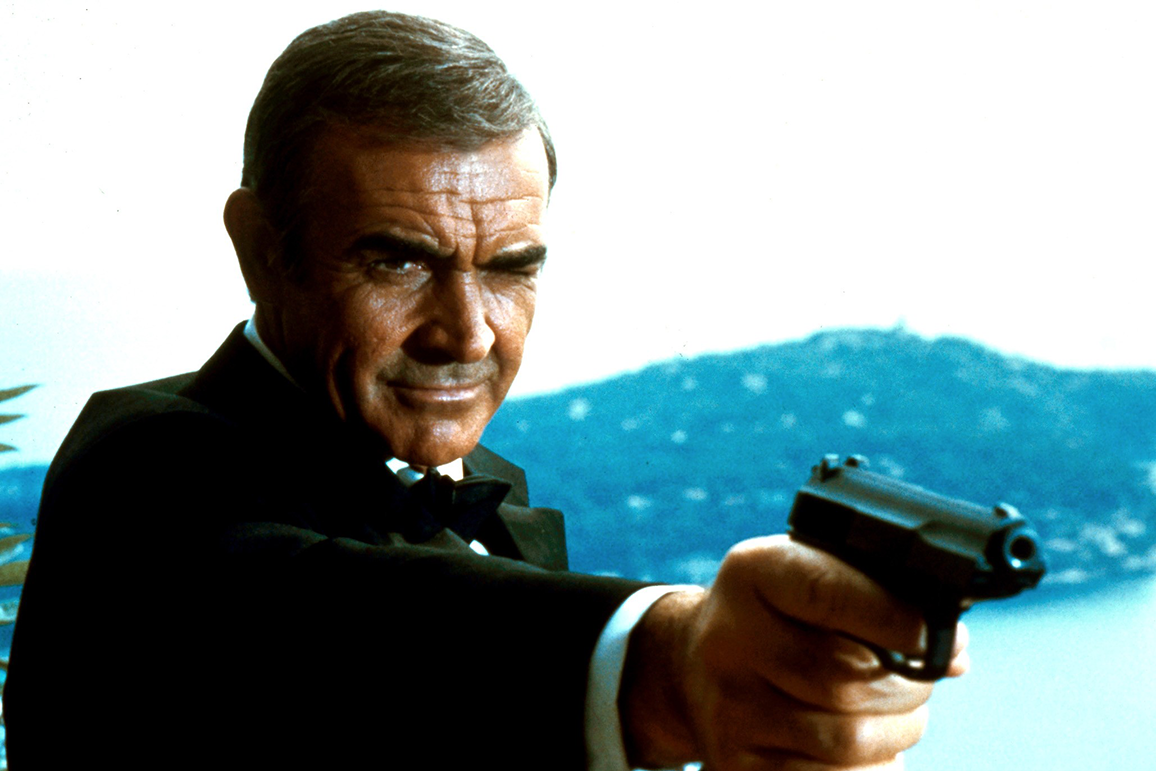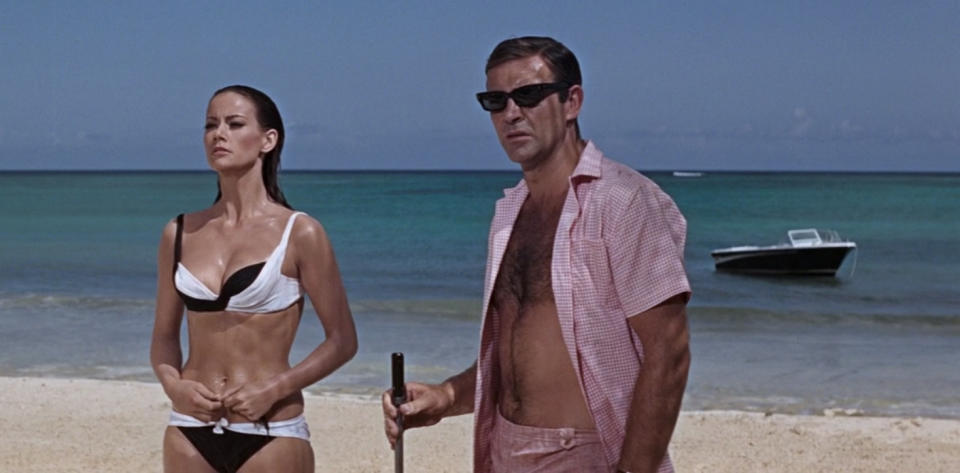US lawsuit proceeds over 'incomplete' James Bond DVD box set

It’s an age-old question for devotees of the James Bond series: can 1967’s ‘Casino Royale’ and 1983’s ‘Never Say Never Again’ really be classed as official Bond movies?
One series fan in the US clearly thinks so, and feels strongly enough about it to take legal action against Metro-Goldwyn-Mayer and 20th Century Fox over a DVD box set, sold as the ‘complete’ James Bond collection, which did not include the two aforementioned films.
While it may seem a silly thing to take to court, Variety report that a federal judge has refused to dismiss the proposed class action suit. The complainant, Mary L Johnson of Pierce County, Washington, accuses MGM and Fox of ‘violating Washington’s Consumer Protection Act and breach of express warranties,’ after purchasing the box set in question from Amazon for $106.44 (approx £81.58).
As many Bond fans will be aware, the original ‘Casino Royale’ and ‘Never Say Never Again’ are not typically regarded official Bond movies as they were not made by Eon Productions, the production company founded by Albert R ‘Cubby’ Broccoli and run today by his daughter Barbara Broccoli and stepson Michael G Wilson.

Eon have held the film rights to Ian Fleming’s creation since the series began with 1962’s ‘Doctor No.’ However, 1967’s ‘Casino Royale’ – a psychedelic spoof of the existing films, with a big-name cast including David Niven, Peter Sellers, Orson Welles and Woody Allen, plus original Bond girl Ursula Andress – was able to be made independently of Eon as Fleming sold the film rights to his first 007 novel to a different producer in 1955.
Eon finally got the rights to ‘Casino Royale’ in 1999, when Sony exchanged them for MGM’s hold on the rights to ‘Spider-Man.’ This allowed Eon to make ‘Casino Royale’ as the first Bond movie with Daniel Craig in 2006.
‘Never Say Never Again,’ meanwhile, was a semi-remake of ‘Thunderball’ with a more complex history. Prior to ‘Doctor No,’ Fleming had collaborated with producer Kevin McClory and screenwriter Jack Whittingham on an original Bond story intended specifically for the screen; however, when that project failed to take off, the author unwisely used that story as the basis for his 1961 novel ‘Thunderball,’ without crediting his collaborators.

McClory and Whittingham sued, and the resulting out of court settlement saw them granted partial ownership of the story, allowing McClory to be credited as producer on the 1965 ‘Thunderball’ movie, and giving him the right to remake the film after a given length of time. 1983’s Warner Bros production ‘Never Say Never Again’ was the result, McClory succeeding in luring Sean Connery back to the role of 007 one last time; the film opened in the same year as the late Roger Moore’s penultimate Bond movie ‘Octopussy.’
The complex rights issues surrounding ‘Thunderball’ were also the key reason that iconic Bond villain Blofeld and his evil organisation SPECTRE were not used in the series after the Connery era. Matters were not resolved until 2013, finally allowing the old enemies to return in 2015’s ‘Spectre.’
Regarding Mary L Johnson’s lawsuit, Judge Ricardo S. Martinez has dismissed a “breach of implied warranty of merchantability” claim, but ruled that “A jury must determine whether a reasonable person would expect ‘Casino Royale’ and ‘Never Say Never Again’ to be included in a complete set of James Bond films.”
Read More:
Bond should not be female, says Halle Berry
Tabloid scolded over Bond 25 ‘fake news’
The best one-liners of Roger Moore’s 007

 Yahoo Movies
Yahoo Movies 

